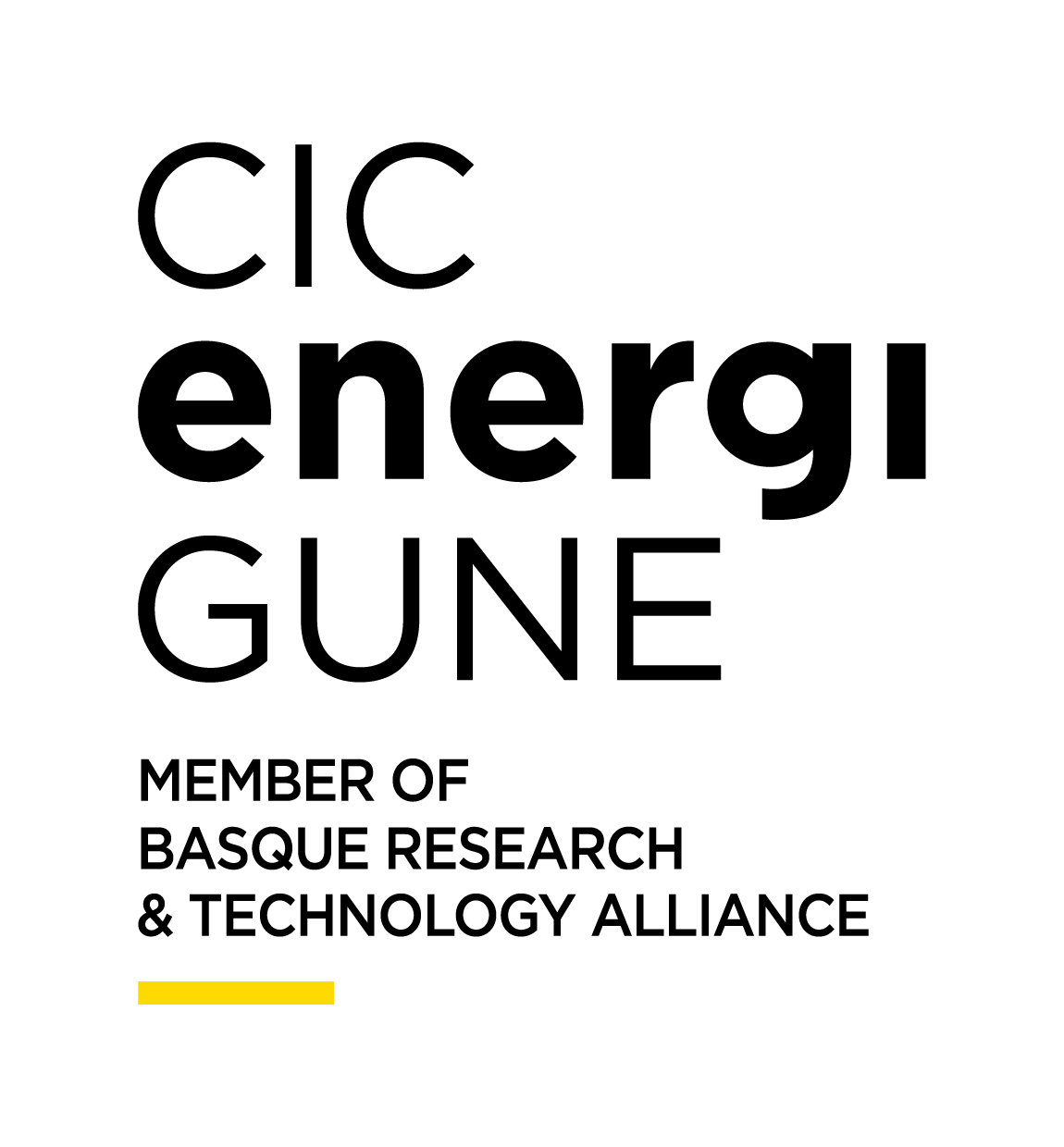

 Location: Vitoria (Spain)
Location: Vitoria (Spain) Contract: Temporary
Contract: Temporary Working day: Full time
Working day: Full time Sector: Energy
Sector: Energy Vacancies: 1
Vacancies: 1CIC energiGUNE is a research center specialized in energy, electrochemical storage (batteries and supercapacitors), thermal energy solutions and hydrogen, a member of the Basque Research and Technology Alliance- BRTA, and, a strategic initiative of the Basque Government. CIC energiGUNE was created in 2011 to generate excellent knowledge and at the same time useful for the Basque business network, being a reference in knowledge transfer.
CIC energiGUNE has a dynamic research team of more than 100 researchers and is extremely well equipped with a wide range of up-to-date facilities that are fully available for all its researchers. Also, the European Commission has recently awarded CIC energiGUNE with the ´HR Excellence in Research´ which reflects its commitment to achieving fair and transparent recruitment and appraisal procedures and certifies the existence of a stimulating and favorable work environment for researchers in the institution.
For more details on CIC energiGUNE's research activities please visit our website at http://www.cicenergigune.com
Lithium-ion batteries, which currently dominate the battery market, present low energy density for some targeted applications (100-265 Wh/kg) where metal-air batteries (MaBs) based on zinc and sodium can overcome this drawback thanks to their high theoretical energy density (theoretical energy densities of 1370 and 1100-1600 Wh/kg, respectively) and the low cost and natural abundance of the salts (Na, Zn). Primary aqueous Zn-air batteries (ZaBs) are a century old technology which came back to the limelight thanks to the development of efficient electrocatalysts. Concerning aprotic chemistry, lithium-air batteries (LaBs) were firstly explored due to their outstanding energy density. However, the instability of superoxide species in LaBs turns Na-air batteries (NaBs) into a more suitable alternative – greater rechargeability - despite its lower energy density.
Three main challenges prevent these technologies for achieving higher TRL values and be closer to the market: i) the complex chemical reactions which lead to sluggish oxygen reduction and evolution reaction (ORR & OER) kinetics and ii) the electrolyte degradation by the highly reactive oxygen radicals (NaBs) and iii) anode corrosion by hydrogen evolution (HER) in ZaBs and contamination in NaBs.
Coupling the advantages of these promising batteries with the vast potential of electrocatalytic active biomolecules present in nature offers an interesting, sustainable and eco-friendly strategy to overcome the abovementioned challenges of MaBs. The complex solution-based oxygen reactions occurring inside cells during cellular respiration are very similar to those in MaBs. Thus, the highly efficient biochemistry existing in this living organism could be mimicked to manufacture bioinspired, environmentally friendly cathode materials.
This PhD proposal therefore aims to exploit biological systems to bridge fundamental science and applied research to achieve highly efficient, sustainable, safe and environmentally friendly MaBs, not available today.
Techniques to be used:
What we offer:
We are offering a predoctoral employment contract that covers the whole period of the thesis elaboration with a competitive salary within the category. Integration in an enthusiastic and multidisciplinary young group with great projection and commitments with sustainability and research quality.
How to apply:
All applicants are invited to submit through this website detailed curriculum vitae, a cover letter and their academic records.
The selection process ends once the candidate is selected.
CIC energiGUNE is committed to affirmative action, equal opportunity and the diversity of its workforce.